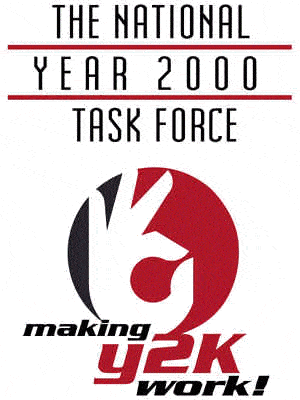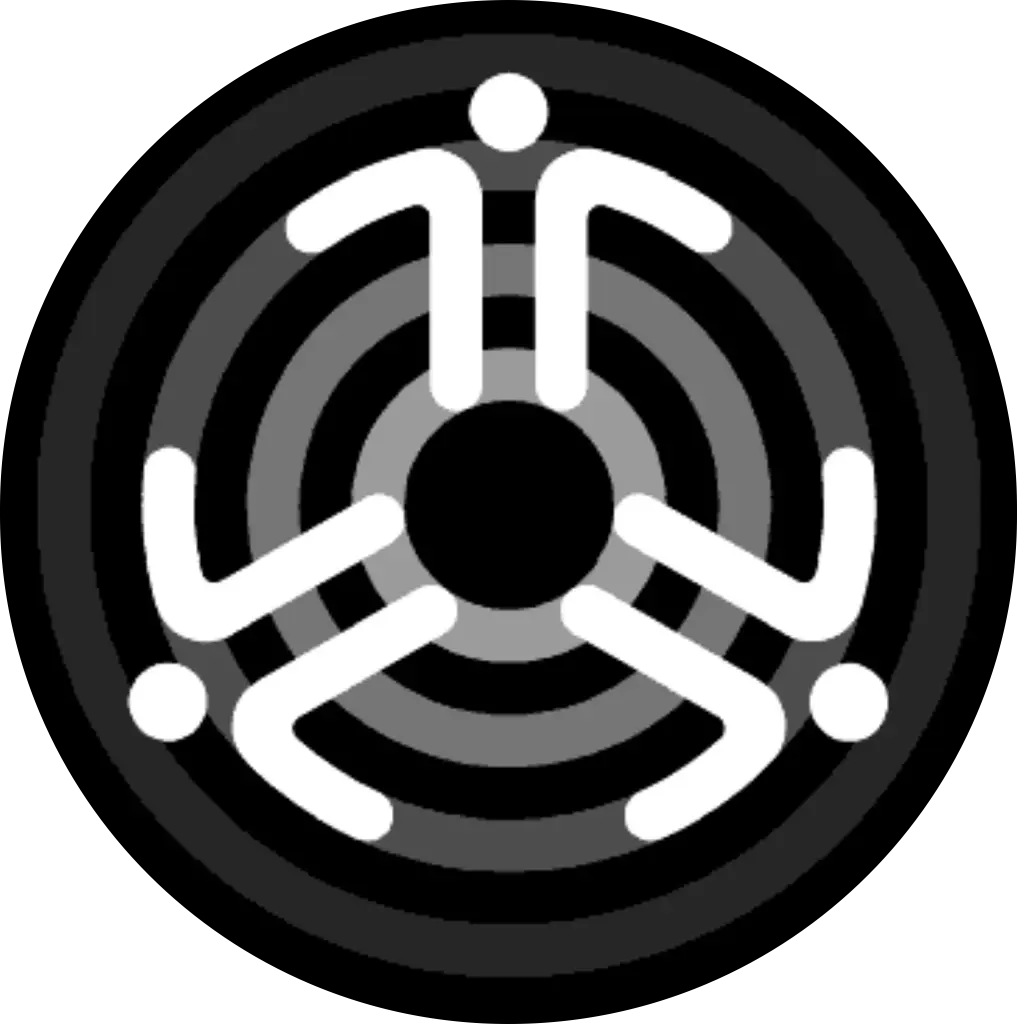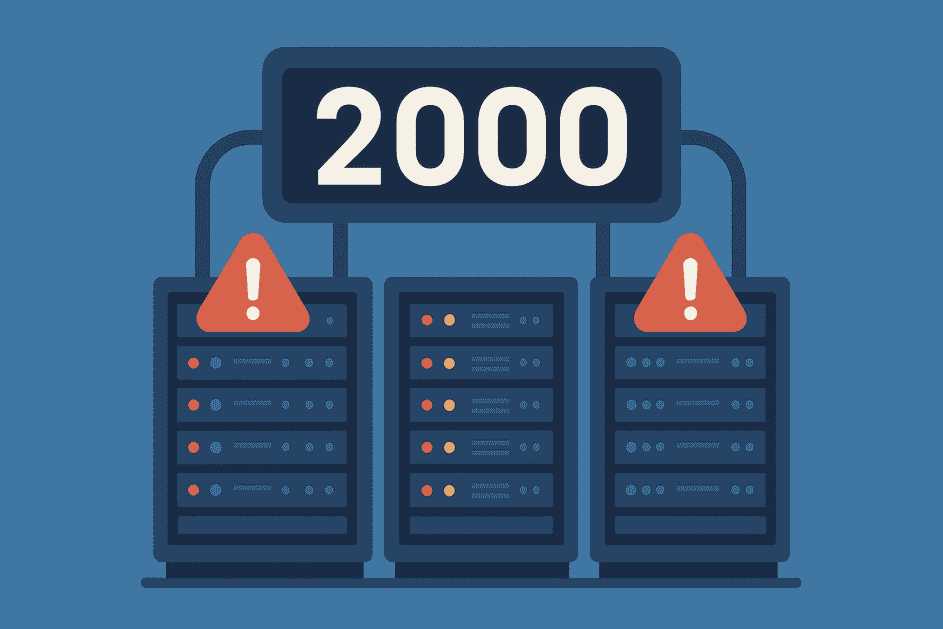20 years ago, there was deep concern of what would happen when the year 2000 began due to the Year 2000 (Y2K) problem.
The Y2K problem was the issue of computer hardware (and any devices that used microprocessors like industrial controllers) and software applications that is unable to deal correctly with the change from the year 1999 to 2000.
Most computer hardware and software stored only the last two digits of the year. So the year “1999” is treated as “99”. When the year 2000 occurs, these hardware and software will see the year as “00”, causing malfunctions as some will treat the year as “1900” and give incorrect results. Applications that require calculations involving future dates (for example, mortgages, insurance rates) were already having challenges dealing with the storage of dates as two digits even before the transition from 1999 to 2000.
The Y2K problem was also called the “millennium bug” but this is inaccurate as the occurrence of the millennium itself has nothing to do with the problem. If we were living in 1899 instead of 1999, we would still have a problem when the year changed from 1899 to 1900.
The challenges with the Y2K problem was that solving it was time-consuming (not to mention expensive) since all ICT equipment (hardware and software) had to be tested and debugged and there was no “magic bullet” purchase which could have solved it. You had to take the responsibility by
- compiling a list of the hardware (computers and embedded systems) and software (operating systems, applications and data)
- Determine which of these systems are critical to you and your business so they can receive priority attention.
- Test these systems for Y2K compliance.
- If there are problems with compliance, determine which affected systems should be fixed or replaced first.
- Actually fix or replace the non-compliant system.
- Test to see if the upgrades and/or fixes worked.
- Evaluate whether any outside suppliers critical to business operations were Y2K compliant and develop contingencies.
The Trinidad and Tobago Computer Society’s Year 2000 article in 1998 described the issue in greater detail.
Popular Mechanics’ article “‘Here We Go. The Chaos Is Starting’: An Oral History of Y2K” looks back on Y2K, 20 years after.
How Y2K was handled in Trinidad and Tobago
Various companies in the ICT/telecommunications, financial, oil and gas, utilities and transportation sectors began working on the Y2K issue within their organisations.
As an example, TSTT began to address Y2K in 1996 with a Year 2000 Project Team to coordinate and manage TSTT’s Year 2000 compliance Plan to ensure Year 2000 compliance by October 1999. As TSTT’s Y2K page in 1999 notes, “TSTT is expected to spend an estimated US $7 million to resolve the (Y2K) problem”

The Trinidad and Tobago Government established a National Year 2000 Taskforce under the then Ministry of Trade and Industry and Consumer Affairs.
The role of the National Year 2000 Compliance Secretariat was to :
- Co-ordinate Year 2000 Compliance activities of the entities involved in the Year 2000 Challenge.
- Provide a resource facility and information base for all matters relating to the Year 2000 challenge
- Enhance national awareness and promote education on the nature and scope of the Year 2000 Challenge
- Provide information on the best practices required to become Year 2000 compliant
The National Year 2000 Taskforce comprised of:
- National Steering Committee:
- Minister of Training & Distance Learning –
Dr. Rupert Griffith - Minister of Trade & Industry –
Mr. Mervyn Assam - Minister of Finance – Mr. Brian Kuei Tung
- National Y2K Coordinator
Mr. Krishendath Kuarsingh
- Minister of Training & Distance Learning –
- National Y2K Coordinating Committee:
- National Y2K Coordinator – Mr. Krishendath Kuarsingh
- Director, National Y2K Compliance Secretariat –
Ms. Myrna Thompson - Chairman, Regional Technical Committee –
Dr. Finbar Fletcher - Sector Representatives:
- Public Sector – Mr. Krishendath Kuarsingh
- Small Business – Mr. Richard Joseph
- Energy – Mr. Andre Edwards
- Financial, Banking, Insurance, Credit Union –
Mr. Richard Young - Legal – Mr. Christopher Hamel-Smith
- Trade Services and Information Technology – Mr. Raoul John
- Health – Dr. Rawle Edwards
- National Contingency Planning Group (NEMA, Defence Force, Protective Services, Utilities, Media) – Colonel David Williams
- National Y2K Compliance Secretariat:
- Director – Ms. Myrna Thompson
- Small Business Sector Specialist – Mr. Arnold Babwah
- Sector Specialist – Mrs. Dianne Pierre-McGuire
- Manager, Administrative Services – Miss Marjorie Small
The website at the time was at http://www.tradeind.gov.tt/y2k/ (Wayback archive link)
Despite the concerns here (and worldwide) over what would happen, thanks to the preparations made to deal with the Year 2000 issue, there were no disruptions in Trinidad and Tobago on January 1 2000.
Does anyone have any experiences or materials to share regarding the Year 2000 problem? Let us know at info@ttcs.tt!

